Palestinian prisoners in Israeli jails go on hunger strike, boycott courts
A number of Palestinian prisoners languishing in Israeli jails have been on hunger strike for months to protest their arbitrary incarceration under inhumane conditions and to demand freedom.
Imprisoned under the controversial policy of “administrative detention,” at least seven Palestinian prisoners are registering their protest against their ill-treatment and repressive Israeli policies in illegal detention through hunger strikes and boycotting military court hearings.
Kayed Fasfous has been on hunger strike for 76 days, Mikdad Qawasme for 69 days, followed by Hisham Abu Hawwash for 43 days, Rayeq Bisharat for 38 days, Shadi Abu Aker for 35 days, and Hasan Shoukeh for 9 days, according to prisoners’ advocacy groups.
Qawasme was recently shifted to a hospital following a rapid deterioration of his health, while Fasfous and three other inmates have been put in Ramla prison clinic, Palestinian Prisoners' Society (PPS) said in a statement.
A 24-year-old resident of the southern occupied West Bank city of Hebron, Qawasme recently decided to up the ante by refusing to take any supplements or intravenous fluids during the indefinite strike.
PPS has expressed grave concern over his deteriorating condition, including extreme weight loss, low heart rate, shortness of breath, blurry vision, migraines and severe pain, and inability to stand.
Under the so-called “administrative detention” policy, the Israeli regime has been detaining Palestinians without legal trial or charges for long periods of time.
The draconian policy does not oblige the Israeli regime to present any evidence or proof in order to justify the arrests and imprisonments, in blatant contravention of international legal conventions.
Arbitrary arrests, illegal detentions
Qawasme was arrested by the Israeli army in January this year, and sentenced to six months in prison on unsubstantiated charges. His detention was renewed for the second time in June, without him or his lawyers being informed of the charges, prompting him to go on hunger strike, along with many others.
His brother Qutayba was quoted as saying by Middle East Eye that lawyers were able to visit him on Thursday night, and informed the family that he was in “critical condition.”
“We as a family have been living in constant fear and worry over Miqdad’s health for the past two months, and now we’re afraid of losing him in light of his ongoing hunger strike and his refusal to take supplements,” Qutayba said.
Among others, al-Fasfous, 32, has been on hunger strike the longest, since early July. He has been protesting against his illegal detention, since July 2020, without charges or trial.
Hawwash, 39, has been in Israeli custody since October 2020, serving two six-month terms of detention. A father of five, he has spent a total of eight years in various Israeli jails.
Bisharat, 44, a resident of Tubas, was imprisoned a year after the second intifada in 2002 and sentenced to nine years in prison. He was again arrested on July 23 and sentenced to three months in jail.
Abu Aker, 37, a refugee living in the Bethlehem-area Aida camp, was arrested during the Second Intifada and released in 2012, only to be arrested again in October 2020.
Amany Sarhana, the head of PPS’s media department, was quoted as saying by Middle East Eye that 2021 saw one of the highest numbers of Palestinian prisoners going on hunger strike against arbitrary detentions and inhumane prison conditions.
According to PPS, Israel has issued 869 “administrative detention” orders against 520 Palestinians since the beginning of 2021, including four minors.
The Israeli Prison Service (IPS), Sarhaha said, has placed most hunger strikers in solitary confinement, restricting their access to lawyers, and warning against revealing information about their health.
Boycotting courts
To protest Israel’s use of administrative detention and neglect of ailing Palestinian prisoners, at least five other Palestinian prisoners have announced that they would boycott the Israeli military courts and refuse to take any medicine.
Identified as Ayed Dudin, Yousef Qazzaz, Ahmad Abu Sundus, Yasser Budrusawi and Amin Shawki, they have spent years under administrative detention, and suffer from chronic medical conditions, according to PPS.
PPS head Qaddura Fares said that the boycott of Israeli courts means refusing to recognize the legitimacy of a sham legal system.
“We have been calling for this ever since the escalations of the occupation authority’s policy of administrative detention, as well as its targeting of activists in Palestinian society,” he said.
Qazzaz, 49, is among the five prisoners who have decided to boycott the kangaroo courts and refuse medication, despite suffering from kidney issues and serious migraines.
A well-known political activist in the Hebron area, he was arrested by Israeli forces earlier this year following his decision to run in Palestinian Authority elections - which have since been postponed.

‘Complete humanitarian collapse’ imminent in Gaza: Media office

UN envoy urges journalists to speak out on Gaza genocide

Israel bombed Gaza with explosives equivalent to 6 Hiroshima bombs: Report
VIDEO | Western coverage of Israeli war on Gaza
VIDEO | US's broken commitments
VIDEO | Russia will not stand idly by if Iran is attacked
Iran repeats call on IAEA to clarify position on threats made against peaceful nuclear sites
China says stands with Malaysia, region in face of unilateralism
UN envoy urges journalists to speak out on Gaza genocide
‘Complete humanitarian collapse’ imminent in Gaza: Media office
Doctors Without Borders: Israel has turned Gaza into ‘mass grave’


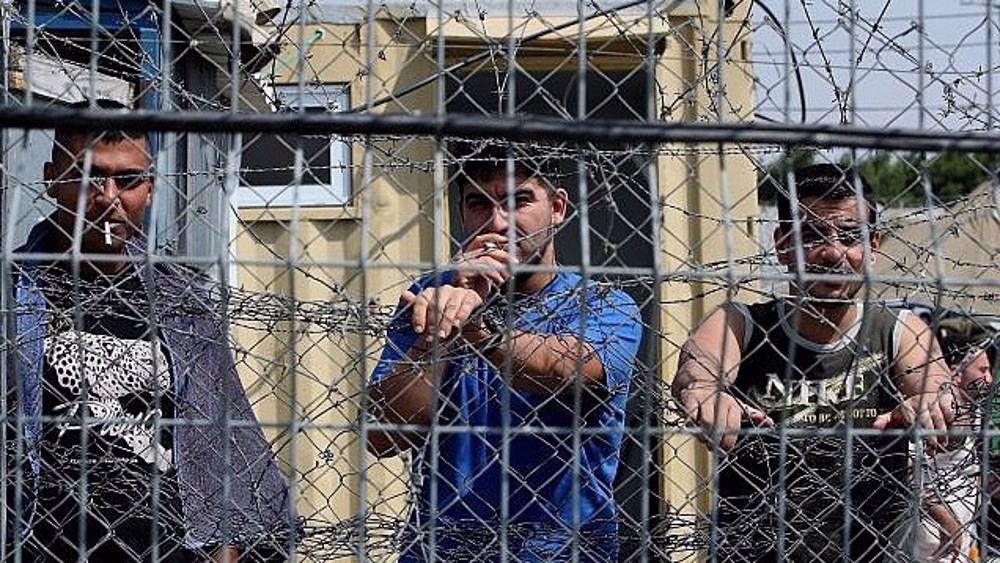
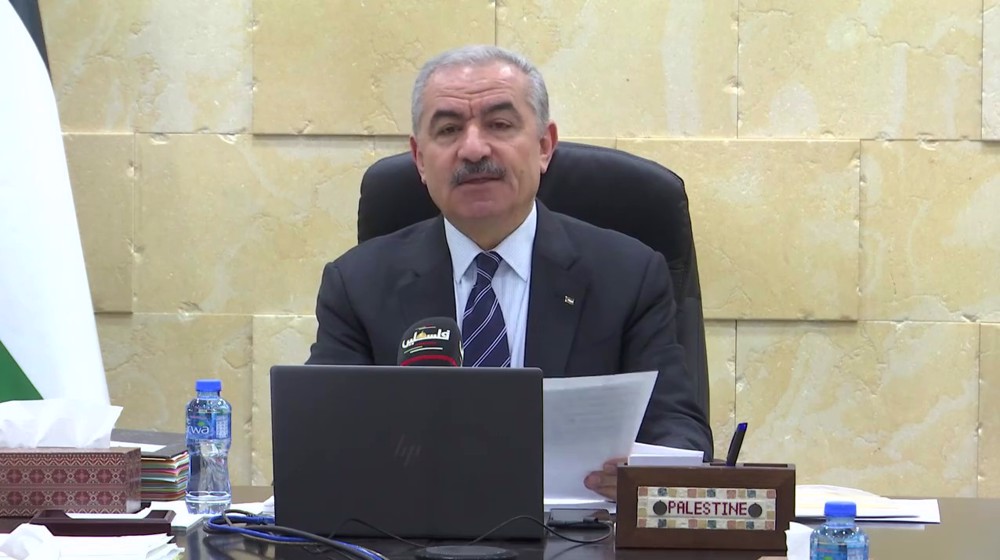

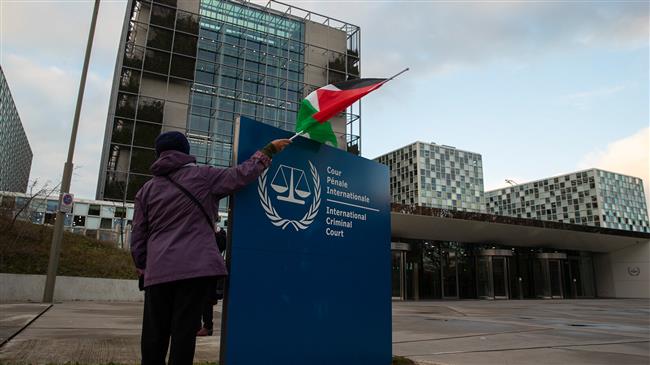





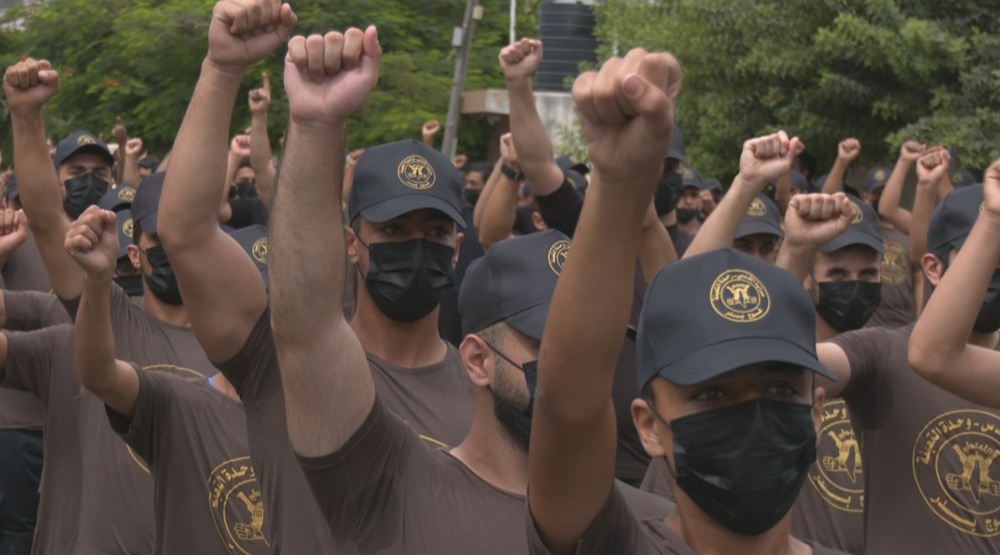

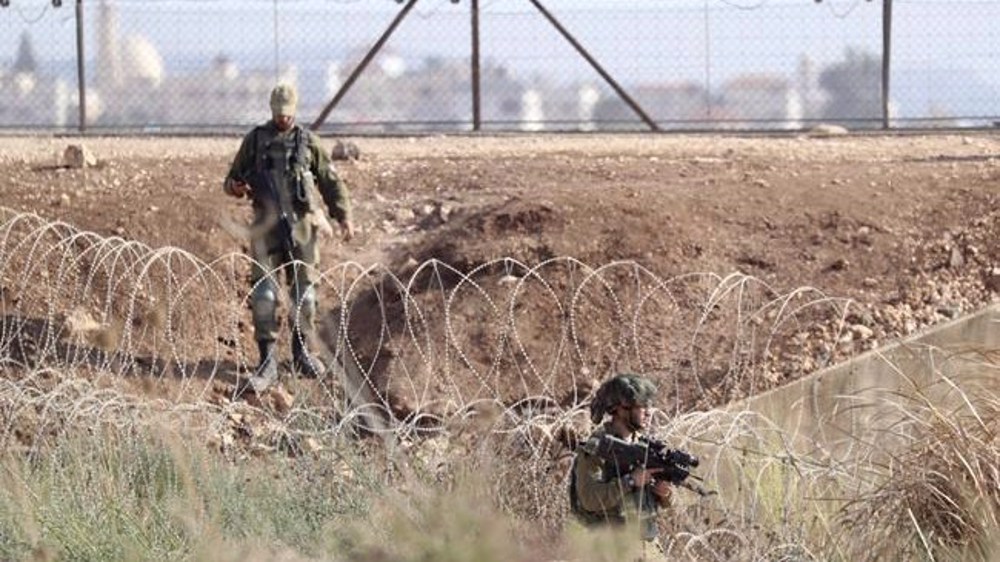

 This makes it easy to access the Press TV website
This makes it easy to access the Press TV website